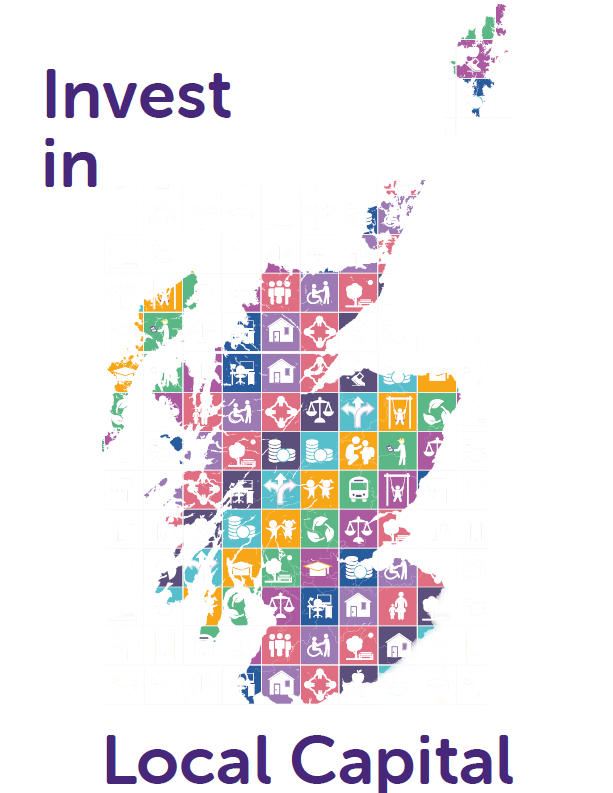Ahead of the 2025/26 Budget, both COSLA and SPT are calling for sustainable capital funding to be made available by the Scottish Government through both core budgets and specific capital programmes such as the Bus Partnership Fund to meet our shared national net zero targets, tackle child poverty, and encourage sustainable economic growth.
Councillor Gail MacGregor, COSLA's Environment and Economy Spokesperson said:
“The transport sector is the biggest emitter of carbon in Scotland. Providing communities with viable alternatives to the use of cars is a key challenge. However, we will only succeed in meeting this challenge with fair and flexible funding provided in the upcoming Scottish budget to fund affordable and reliable local public transport.”
“With delivery costs rising, cuts such as the £54m cut from Local Government’s capital budget in 2024/25 severely impact councils’ ability to invest in and maintain key assets and infrastructure vital to the functioning of local public transport, such as bus services and roads.”
“This is unsustainable and is putting wider Local Government efforts to meeting net zero targets at risk. It is essential that, alongside meeting COSLA’s ask of providing £872m to Local Government in capital funding in the 2025/26 Budget, key capital programmes such as the Bus Partnership Fund are fully funded to provide councils with the crucial financial support they desperately need.”
Councillor Stephen Dornan, Chair of SPT, added:
“In 2024/2025, SPT received absolutely no capital funding to support much needed public transport improvements across the region. This funding would have supported improvements to bus infrastructure including bus stops / shelters, decarbonising the bus fleet to help achieve Government targets, as well as contribute to strategic transport projects and generally support Councils in their delivery of active travel and local projects to make public transport more attractive and convenient to use.
“This year, SPT’s capital funding as part of the 2025/2026 local government settlement urgently needs to be reinstated, and revenue support boosted if we are to maintain – let alone enhance – the west of Scotland’s transport network. Only then will we be able to play our part in supporting the Scottish Government’s drive to tackle inequality, reduce emissions, and deliver sustainable economic growth.
“In addition, we must see the reestablishment of the Bus Partnership Fund which promised long-term investment to deliver targeted bus priority measures to improve bus journey times, grow patronage, and reduce congestion. This is vital if we are to encourage more people to use the bus and public transport more generally.”
